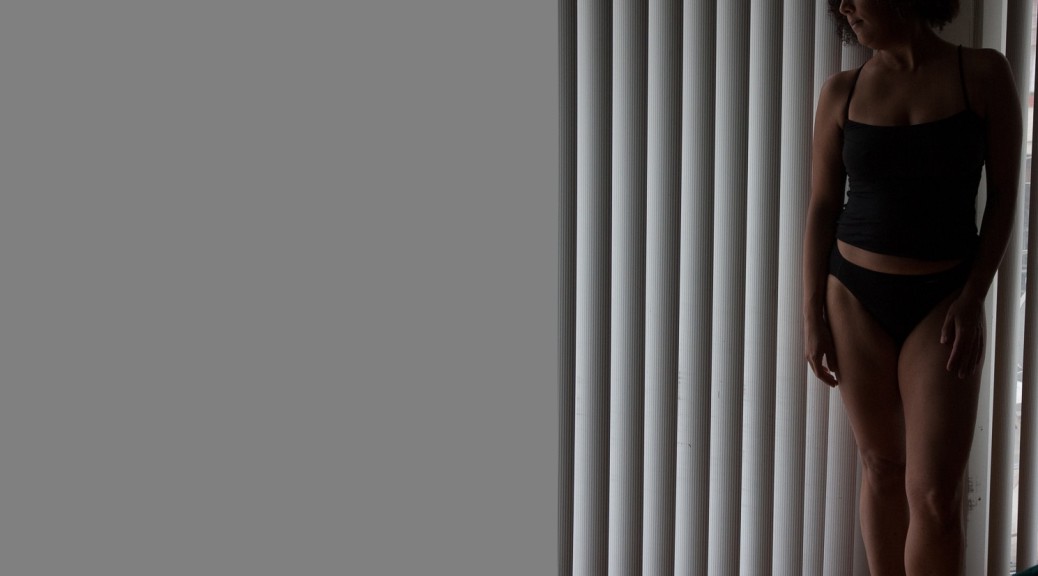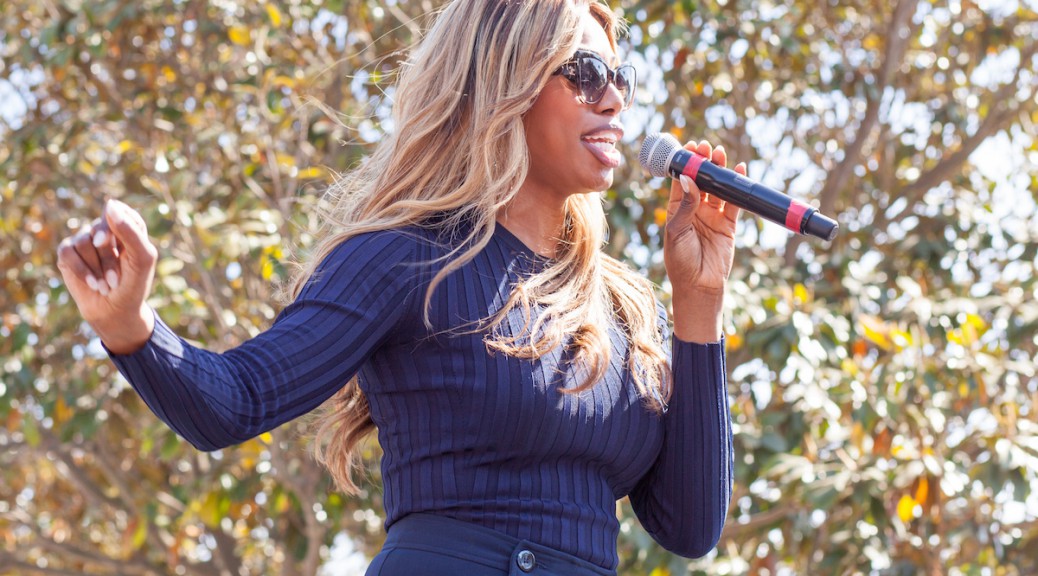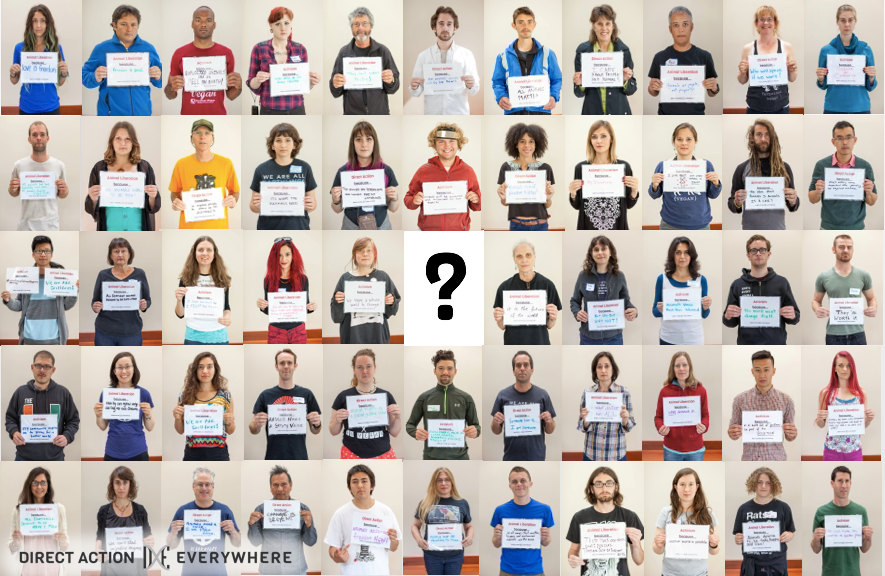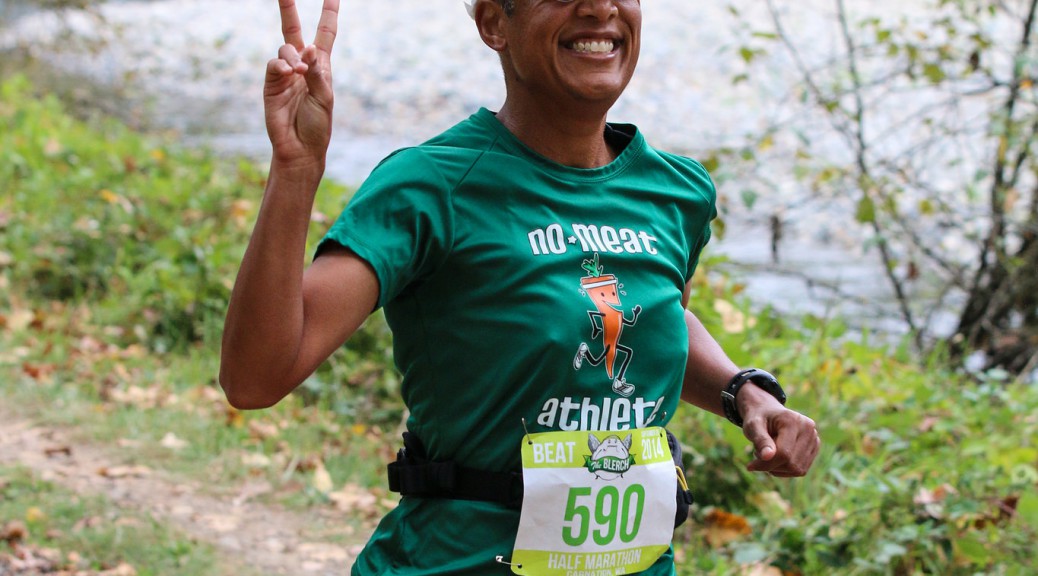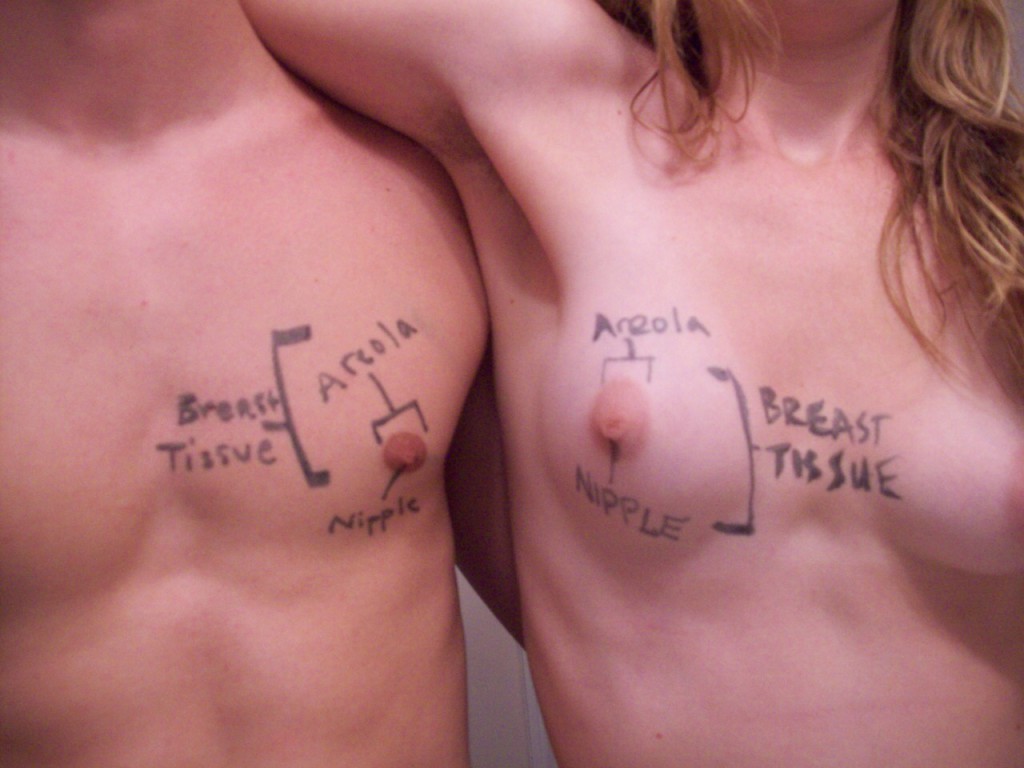For years before my transition, I complained about women’s clothes, pants in particular. The sizing was ridiculously inconsistent, and the pockets were miniscule-to-nonexistent. But I also hated purses, so for a good twenty years I strapped a fanny pack to my waist.
Switching to men’s pants, with ample pockets and sizing by waist and inseam, was a relief. I can easily fit my wallet, keys, cell phone, and miscellaneous small items in the pockets of my jeans, cargo pants, and even dress pants. On days that I’m not going shopping and not planning to be out long, I love the freedom of walking unencumbered by bags, wearing nothing but the clothes on my back.
Recently I read an article on the gendered nature of encumbrance, which made me think more about why women are expected to carry their possessions in bags and men are not. I rarely see a man carrying a tote bag (which is part of why I switched back to wearing a backpack after my transition). Women are expected to do more of the childcare, grocery shopping (sometimes with young children in tow), and the like, so would be more likely to have diaper bags and other things for children.
In addition to the other issues the author points out (being expected to carry items for others), cosmetics may also play a factor. I remember when I was still being sent women’s clothing catalogs, I’d read descriptions of tiny purses having “just enough room for the summer essentials: A lipstick and compact.” I haven’t worn makeup in over fifteen years, so I can’t really relate to this, but I feel strongly that people of any gender should be able to wear makeup without being judged for it. And for some trans women, a careful makeup application can make the difference between having a peaceful day and being outed and violently assaulted.
The sturdiness of men’s versus women’s clothes isn’t something I had thought of much, but makes sense, sadly. I currently buy most of my clothes from secondhand and discount stores. When I first started shopping for men’s pants, I was surprised to see a whole line of sturdy work clothes I had never seen in a women’s clothing section. People of all genders do manual labor, of course, but it isn’t considered a “woman’s job.”
Ultimately, when it comes to gender, clothes are just clothes, and ideally shouldn’t be gendered in the first place. Three times now I’ve bought secondhand pants from the men’s section of Out of the Closet (I prefer to support them rather than Goodwill), and had them rung up as “WMNS BTMS, ” presumably because I looked like a “WMN.” The third time this happened I pointed it out, and the clerk made some excuse like “Oh it’s just whatever the cash register rings it up as.” Well, no, there was no bar code to swipe so the clerk actually did make an assumption based on my apparent gender and not the clothes. If my male spouse had approached the counter with a skirt to buy, I guarantee it wouldn’t have been rung up as “MNS BTMS,” even though my spouse is a MN (who happens to wear skirts).
In closing, because I need some comic relief nowadays, here’s a lighthearted tune from the always entertaining Jonathan Coulton, Mr. Fancy Pants. (I think I was actually at the concert where this video was recorded.)
